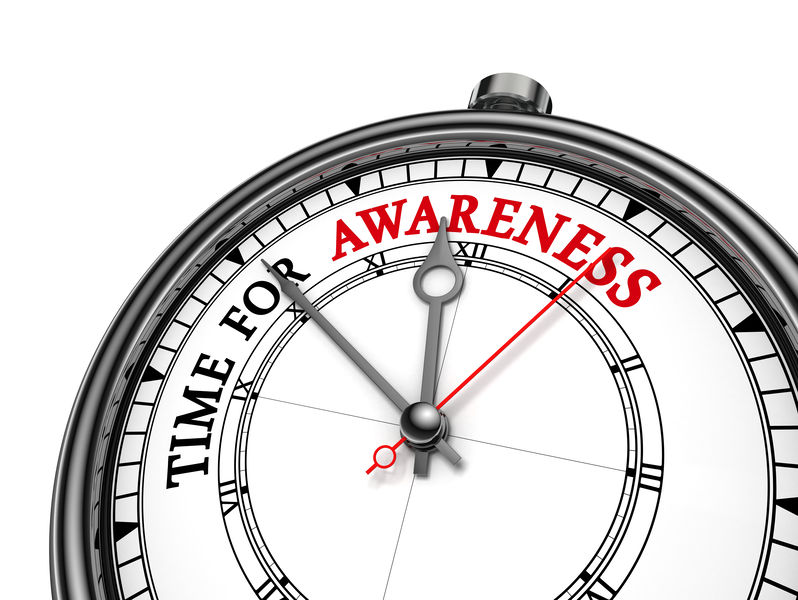Self-awareness and being crystal clear on your superpowers of identity is one of the most important things you can do to improve collaboration, reap innovative results, and sharpen leadership effectiveness. Superpowers of identity mean confidence in the gifts you are uniquely bestowed with, those you have sharpened and use to contribute to the world and help make it a better place!
Sounds lofty? Sound fluffy?
It’s not. Self-awareness is hard work but important work!
My last blog covered why self-awareness is important. Now, let’s chat about the how.
1. Write your back-story
This is as simple, yet extensive, as a chronological timeline account of your life. I like to go by 10-year increments with important dates added. Looking at birthdays/anniversaries, vacations, “firsts” and “fails” are all helpful in gathering your back-story.
2. Know Your Values
Consider dividing values into two main categories, core values, and aspiring values. Core values are those that are essential to guiding your behavior and your decisions personally and professionally. When violated, you will have a strong negative visceral reaction! Aspiring values are values that you “aspire” or want to hold. There are several ways to gain clarity on your values, everything from meditating on guiding values to assessments and checklists.
3. Answer Key Questions About You
By key questions I mean simple, yet important, items that you can weave into conversations explaining your gifts and talents in sound bites. This concept comes from the book BRAG by Peggy Klaus. In her book, whose tag line is “How to Toot Your Own Horn Without Blowing It,” Klaus instructs the reader to answer 12 essential questions in hopes that the reader will learn how to achieve their goals through telling others who he/she is without sounding dull, boring, and/or arrogant. I found the list quite insightful for self-exploration.
4. Take an Assessment . . . or Two
I recommend a variety of assessments that provide information on personality type and traits along with information on self-concept, how you relate to others, and a more global view of your psychological values. These offer insight into your behavior and emotional intelligence. Psychological values indicate your needs allowing you to be thoughtful in creating a work environment that helps you be your best. I also suggest adding some skill and strength-based tools/checklists. Check out Tasha Eurich’s book Insight for more information on building self-awareness.
5. Gather All of the Above and Summarize
Bring all of your gathered information together and comb through it for patterns and themes. Work to identify five of your most important gifts/skills and compile what I call “the Good, the Bad, and the Ugly” list. This will summarize, in greater detail, your identity. Next, record the identity information in your favorite format. I prefer PowerPoint or Keynote slides. From there, you can easily print a book about your brilliance or “shine” your brilliance on a screen to share with others!
“One and done” is not the case with self-awareness. It is important to check-in with yourself and reflect if and when things have shifted for you. Big life experiences, (births, deaths, graduations, promotions) are the best times to pause and reflect. I suggest you spend contemplative time with your journal processing the details. Talking to a trusted friend or counselor to glean how this event has impacted you is a great idea as well. Research says that without taking time to process life’s events, we miss precious opportunities to grow in wisdom. Want to be wise – know thy self!
Finally, a powerful self-awareness growth opportunity is feedback from others on how your actions and behaviors impact them. For more on how to handle hard but helpful feedback I recommend Brené Brown’s latest book, Dare to Lead.
You are now ready to set your world aflame with your brilliance.
It’s time to be confident!
It’s time to bring your gifts to the world in all of their brilliance and glory!

